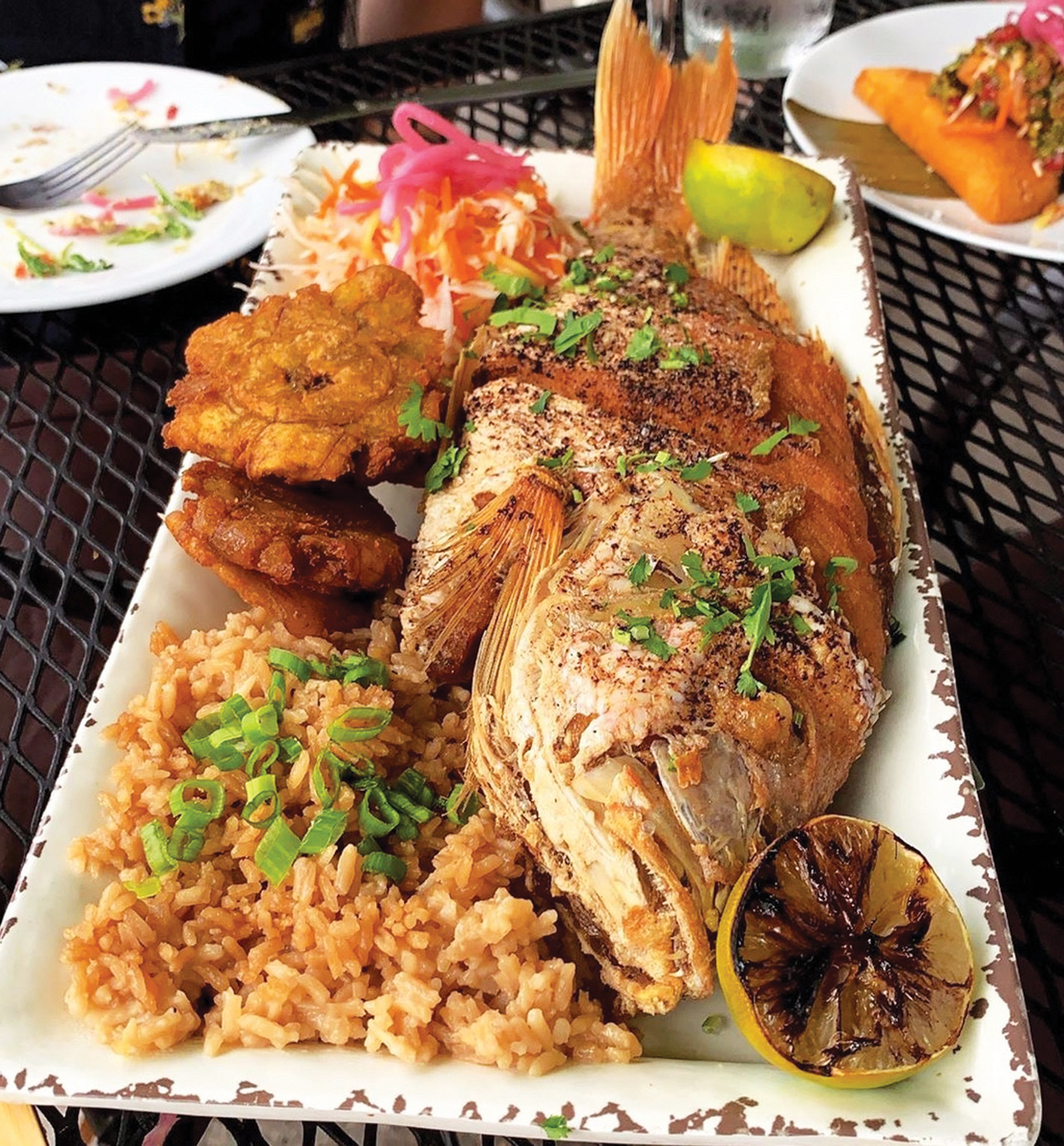Highlighting Haiti
"SAK PASE"
Haiti's history began when Christopher Columbus sailed the sea and stumbled across the country on December 6, 1492. Originally, the land was led by a Taino Indian chief, and was called Hispaniola. The French arrived in the seventeenth century and continued European exploration and during this process they ended up wiping out the indigenous population at the time. Due to the raw resources available on the island, various Africans (who were mostly West African) were imported in order to produce these raw resources to have them internationally sold for commerce. At once, the island was considered as something very valuable to the French who colonized it, and was even nicknamed "the pearl of the Antilles." Tired of being exploited for the raw resources found on the luscious island, the Haitians revolted against the French in retaliation. The revolution spanned between the years of 1791-1804. When they took their independence in. 1804, the colonial name of Saint Domingue (which was given to them by their French colonizers) was changed to Haiti (Ayiti in the native tongue of Haitian Kreyol).
Although the revolt had been well over at the time, United States only recognized the country's independence in 1862 because they were worried that it would radicalize the black Americans in the country since the economy was tailored towards slave labor.
HISTORICAL IMPACT
Because it was the FIRST independent black country with a very successful slave revolt, it was considered as very inspirational for many Americans during the 19th century. Several emigration movements encouraged African Americans to settle in Haiti and that migration helped bonds form between the United States and Haiti. Langston Hughes traveled to Haiti in 1932, and met Jacques Roumain, a great Haitian intellectual at the time. Before transnationalism and "Black national consciousness" was really a thing-- Haitians and African Americans had these intellectual exchanges and shared many works with one another, one notable one being Masters of the Dew. To this day, Haiti and Louisiana share a great cultural link with their food, traditions, language and music.

 |
| Louisiana Food with Caribbean inspo |
ISLANDS I'M CONSIDERING ADOPTING
- Barbados
- Trinidad & Tobago
- Guyana
I love the purple of your blog, great for inviting people to read. you chose great pictures that are nice and bright easy to see. You went beyond pictures and added a video into your blog which is great for adding more details. Great job!
ReplyDelete